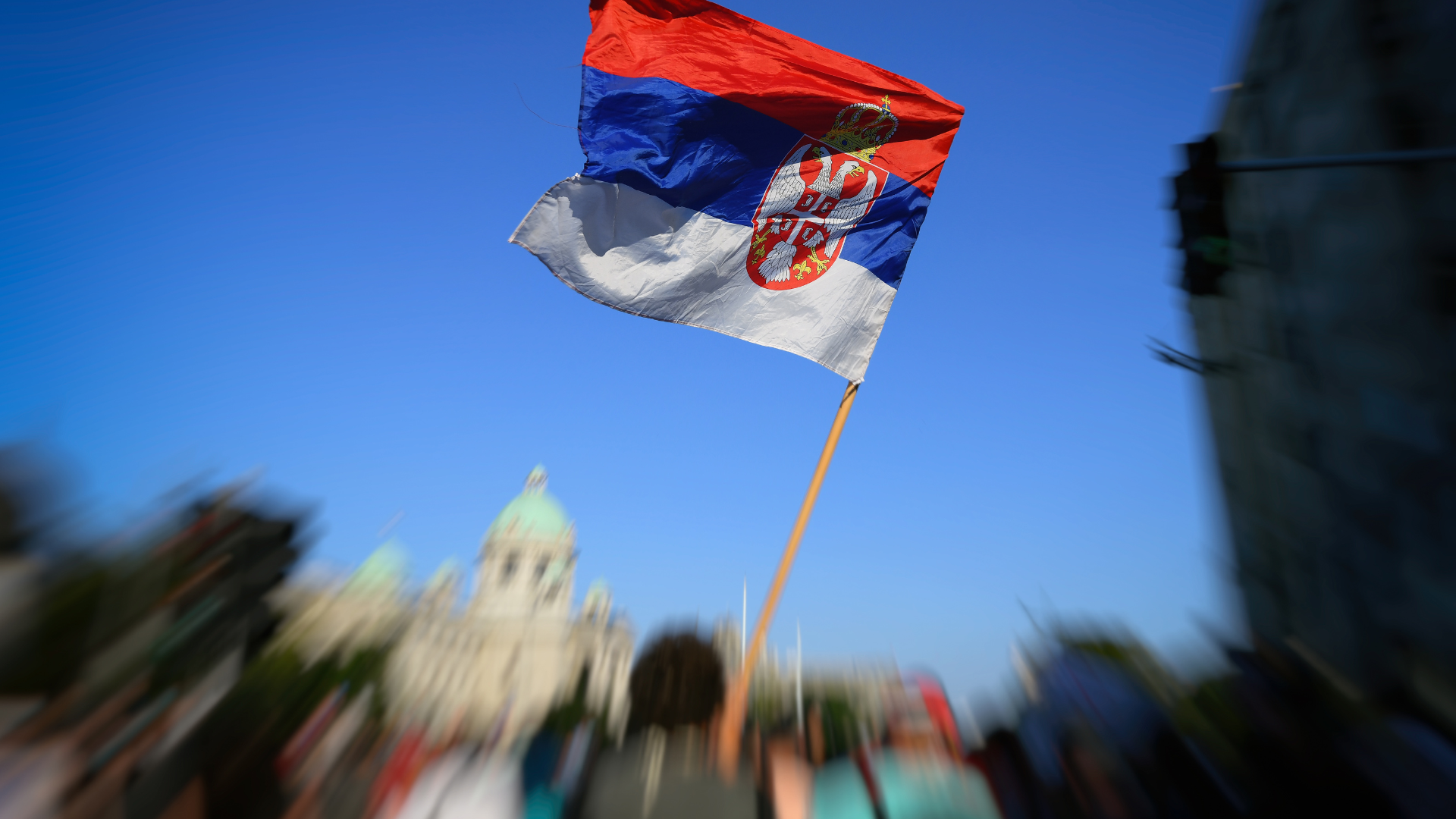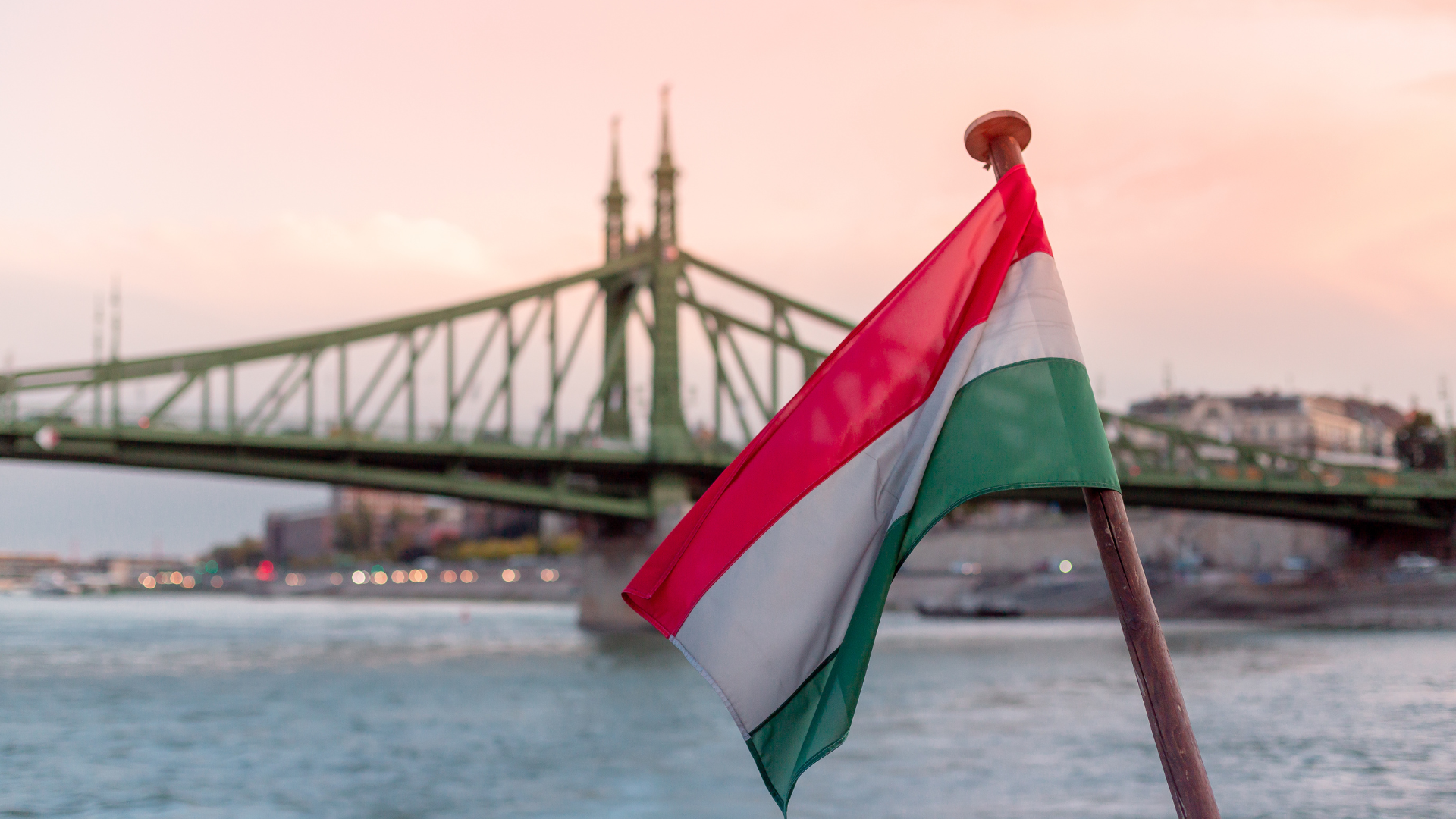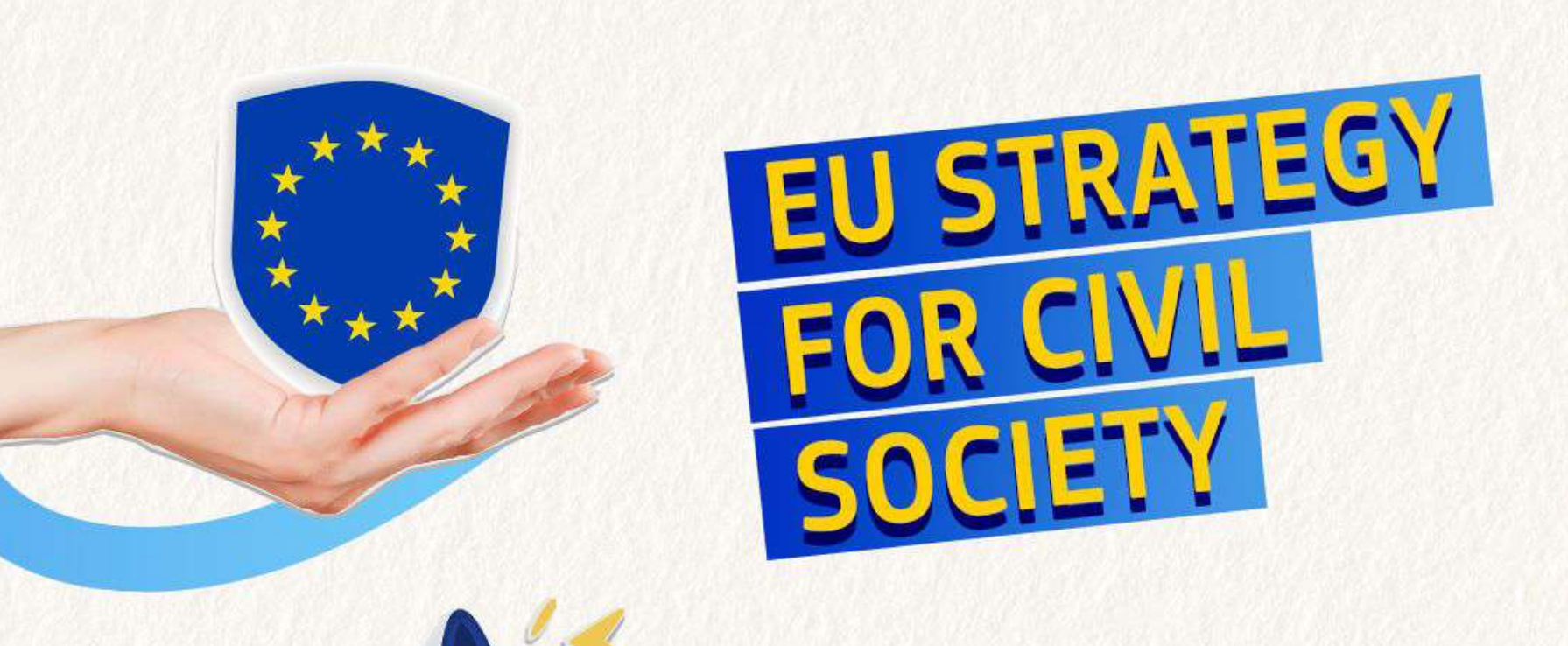The rights of children under threat in Serbia
In Serbia, recent events have highlighted the growing risks to children's rights and the alarming suppression of youth movements calling for democratic reforms.
Violence and repression: a direct threat to the rights of children and youth
In the last months, several incidents have exposed the Serbian government's disregard for the rights and safety of its young citizens. On March 15, in Belgrade, while the authorities deny using any weapon or device, the media, citizens and CSOs have been collecting evidence about the possible deployment of a sonic device, whose use has no legal foundation in Serbian law. Such actions contravene a wide range of children’s rights, including Article 19 of the CRC, which ensures protection from inhuman treatment, as well as the right to life, survival, and development (Article 6). Additionally, government rhetoric has undermined children’s and youths’ activism, accusing activists of foreign influence and teachers of exploiting children for political purposes. These measures violate Articles 12 and 13 of the Convention, which uphold the right to freely express opinions and participate in civic life, fostering fear and oppression among young people. Further, it threatens the right to peaceful assembly enshrined in Article 14 of the Convention.
There have been multiple incidents in which high school students participating in peaceful protests have faced threats. In some cases, public prosecutors have ordered police to “summon” minors for questioning—a move that has raised serious concerns about intimidation and the misuse of legal measures to suppress peaceful activism.
Violations to the right to education
Serbia has also witnessed significant disruptions to education. On 20 December 2024, the Ministry of Education and the Government announced the premature end of the school semester, citing safety concerns amid strikes and school blockades. This decision left students without grades for the end of the semester, preventing them from receiving official assessments of their academic performance and disrupting educational continuity. Although classes resumed on 20 January 2025, a decision was taken on restarting the new semester, but the lack of communication regarding improved safety raised doubts. Some schools required parental consent for attendance, leaving families uncertain about the safety of their children. These actions violate Article 28 of the Convention, which guarantees every child the right to education in a safe environment. Further, it is also in contradiction with Article 29 on the aim of education.
Youth movements advocating for democratic values
Despite repression, Serbian youth continue to lead movements championing democratic reforms, accountability, and adherence to European Union values, such as democracy and the rule of law. These demands align with the Copenhagen Criteria and the EU Charter of Fundamental Rights, which are essential for Serbia’s EU accession.
A call for accountability
The violence against peaceful protesters, suppression of youth activism, have created uncertainty and fear among Serbia’s youth and children. We stand in solidarity with them and urge the Serbian government to uphold their rights, ensuring protection from violence, and participation in civic life. The international community, including the European Union, must press for accountability and support Serbian youth in their pursuit of a democratic society that respects human rights. The future of Serbia hinges on the active engagement of its youth, whose voices must be amplified and safeguarded.
Sasha Stefanovic, Director of MODS, Eurochild member.
Further information:
- Listen to our Podcast episode on Anti-Rights Movements
- Read about Eurochild's new campaign




